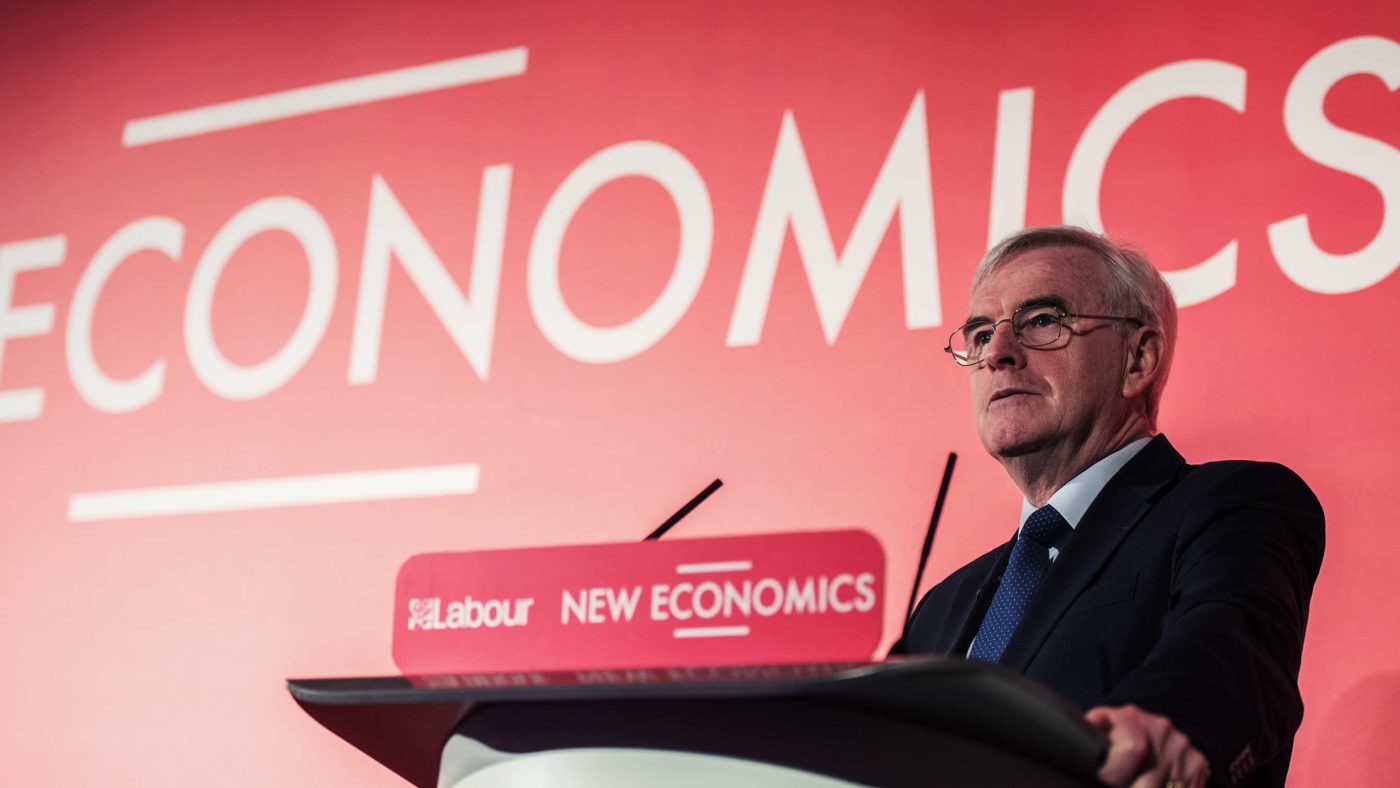These are good times for absurd ideas. In a new report commissioned by Rebecca Long-Bailey, the shadow business secretary, and John McDonnell, the shadow chancellor, Prem Sikka — an Emeritus Professor of Accounting at Sheffield — makes a series of suggestions about who should decide upon executive pay and how. It includes talk of the expropriation of labour value — something that really should have died the death by now — and floats the absurd notion of customers getting a vote on who gets what to the nadir of insisting that people not be paid in shares.
Seriously, if we are to have an opposition worthy of the name, these people really do have to up their game.
The proposals go wrong right from the very start. How much people pay other people has got nothing to do with the government. It is other peoples’ money and for them to deploy as they wish. This is true of the few hundred people able to play football to Premiership levels just as is it of those few hundred capable of running large companies.
There is also good evidence that these large sums are justified, and even a good deal. In football, not paying up leads to losing, then relegation. In business, we know that Japanese firms – which offer much more modest CEO pay – perform worse than the higher paying ones in English-speaking economies. Thus concern over high pay is incorrect on both moral and practical grounds.
But given that this report is being prepared by Prem Sikka, it is based on Marxist ideas, such as insisting that labour alone is what generates value. That labour theory of value is, however, incorrect. The fact that there are profits, and that managers get paid, is not expropriation from the workers and to insist otherwise is to be viewing incomes through the wrong lens entirely.
Sikka’s report continues off into absurdity. The big idea is that customers and consumers should get to have a vote on what managers should be paid. The proposal ignores the fact that we already have such a vote, as we can stop buying from companies and producers whenever we want for whatever reason. In fact, we should. That is how consumer desires tame capitalism, by us not giving them our money.
Finally, and even worse, we are told that pay to executives should only be in cash. Share options should not be allowed — a silly thing to be insisting upon. Firstly, very few today are paid in options as we have generally worked out that that is not a good idea. Instead, pay or bonuses tend to come in shares themselves. This means that it is the shareholders making the payments through the dilution of their own stakes. This issuance of stock does not, in fact, change the cash available to the business; it only reduces the amount the shareholders have in the value of their stakes.
As to why pay is share-based, this is an attempt to solve the principal/agent problem. Managers have great power over the finances of the company. We would like their interests and their exercise of that power to be aligned with those of the shareholders. The way to do this is to make them shareholders, and that is exactly what is done. It has taken the last four to five decades of experimentation to get this system to work and to throw it away now would make no sense.
How and what people get paid is not our concern in the first place. Value is not created by workers alone. And history tells us that turning managers into shareholders is a thoroughly good idea. Labour’s report on bosses’ pay, which rejects all of these three points, is not going to be of great use at all.


